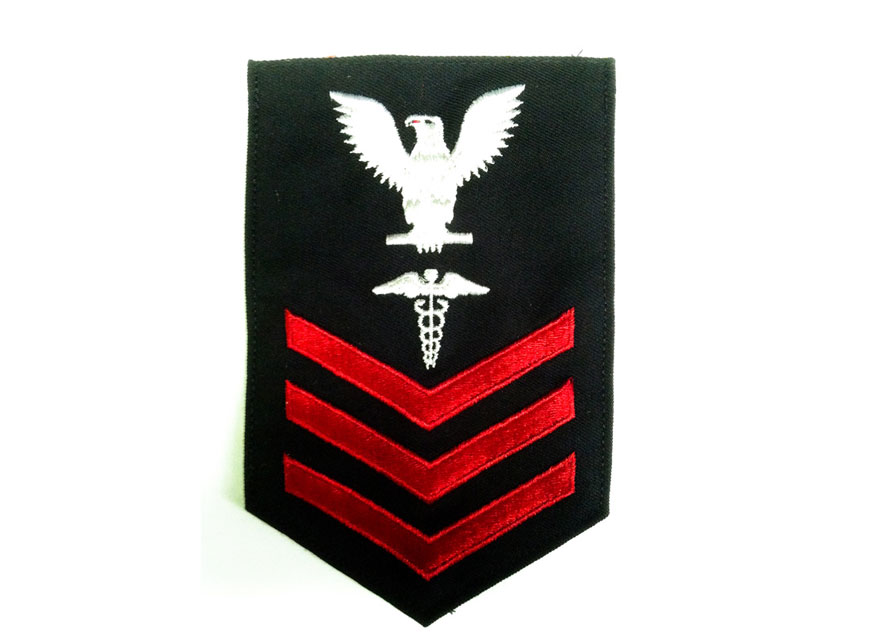

Read more about: Modern History Napoleon: The biggest myths debunked This time he was in charge of the 64-gun HMS Agamemnon. However, soon after the start of the French Revolutionary Wars in 1792, Nelson once again found himself back in command. Nelson failed to secure another appointment and spent the next five years unemployed on half-pay. Nelson was unemployed for five yearsĪfter his commission in the West Indes ended, Nelson and Nisbet returned to the UK and settled in Norfolk. It was here that he met his future wife Frances Nisbet on the Caribbean Island of Nevis. By the age of 25, Nelson had been appointed captain of HMS Boreas, which was stationed in the West Indes. By 19 years old he was a lieutenant and just two years later he became a captain. Nelson rose through the ranks of the British Navy swiftly. After his gun misfired, legend has it he went at the creature with the butt of his musket, before fellow crewmembers fired into the air to scare the bear away. Although the expedition was a failure, Nelson had an eventful trip after saving a rowboat from a walrus attack as well as going toe-to-toe with a polar bear he hoped to skin.


The voyage hoped to discover whether there was a navigable passage between the Atlantic and Pacific Oceans. Just two years after going to sea for the first time, Nelson went on an expedition to the Arctic in 1773. Nelson fought walrus’s and polar bears in the Arctic Read more about: Al Murray: Why Do The Brits Win Every War 'Nelson defeated the French single-handedly': Al Murray on his new show Writing in 1804 from HMS Victory, Nelson said, ‘I am ill every time it blows hard and nothing but my enthusiastic love for the profession keeps me one hour at sea.’ Not long after going to sea, Nelson realised he suffered from seasickness, something that would continue to bother him throughout his naval career. In early 1771, Nelson’s naval career began after his uncle, Captain Maurice Suckling, agreed to take him aboard his ship. His mother passed away when he was relatively young. Nelson was one of eleven childrenīorn and raised in Norfolk in 1758 to a Reverend and his wife, Nelson was the sixth of eleven children. Let’s take a look at some fascinating facts about Britain’s greatest naval commander. Immortalised for defeating the French and Spanish at the Battle of Trafalgar on 21 October 1805, Nelson was equally famous for losing various body parts during his time at sea. When it comes to great British military leaders, few can rival the achievements and tactical capabilities of Horatio Nelson.


 0 kommentar(er)
0 kommentar(er)
